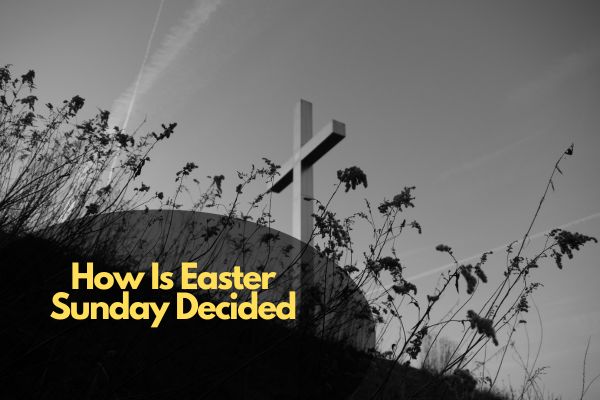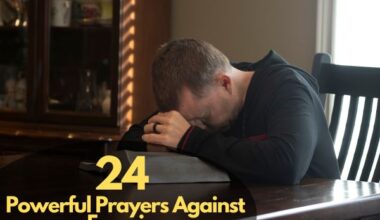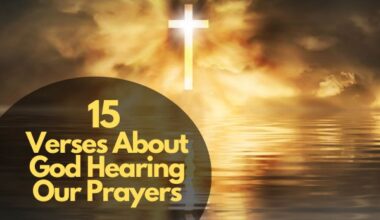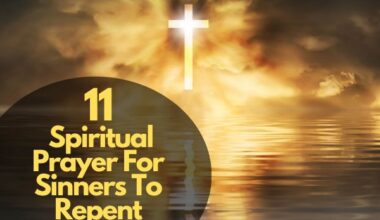Table of Contents Show
The most significant feast of the liturgical year is Easter! Easter chocolate eggs, doves, and rabbits enliven the holiday season, but for Christians, the ultimate core of Easter is Jesus’ victory over death and the rescue of all humanity from sin.
In this post, we’ll look at how is Easter Sunday Decided, as well as how it’s calculated on various calendars. Even the forty days of Lent do not seem to be enough time to prepare for such an exciting occasion! Speaking of liturgical seasons, all of the Church’s moveable feasts, as discussed in a previous article, are entirely dependent on Easter.
How Is Easter Sunday Decided
The dates of Passover and Christian Passover are frequently similar since Christ’s death and resurrection occurred during the Jewish Passover: Jesus’ last meal with the apostles was an Easter meal.
Christian Easter is also estimated to begin with the spring equinox, which is traditionally thought to fall on March 29th, the first day of spring: Easter Sunday comes first after the first spring full moon. This year, Good Friday is on March 29, 2024, while Easter Sunday is on March 31, 2024.
What exactly does the term “high or low Easter” mean?
When discussing the Easter date, the terms “high Easter” and “low Easter” are frequently used. What exactly is meant by “high or low Easter”?
It indicates whether Easter occurs earlier or later in the current year than the day of the spring equinox. Easter is considered “low” if it happens a few days after the equinox, between March 22 and April 2; “average” if it falls between April 3 and 13; and “high” if it falls between April 14 and 25.
Christian Easter
Christian Easter commemorates Christ’s resurrection. It always occurs on a Sunday. The Catholic Church celebrates Easter for eight days beginning on the Sunday of the Resurrection, known as the Octave of Easter.
Holy Week is the week preceding Easter, and the last three days—Holy Thursday, Good Friday, and Holy Saturday, known as the Easter Triduum—are dedicated to reliving Jesus’ Passion, Crucifixion, and Death. Each day of Holy Week has a distinct importance, as discussed in an article on our site.
Easter is the most important event in the church’s liturgical calendar, and it serves as the foundation for all of the year’s other feasts. The ceremonies leading up to Easter Sunday are intense, causing the devout to relive major episodes from Christ’s Passion.
The Jewish tradition is also evident among Catholic Christians: on Holy Thursday, the Jews’ Passover feast and the Exodus are frequently commemorated as part of the history that led to the foundation of Christianity.
On the night between Holy Saturday and Easter morning, the Mass of the Easter Vigil is performed, in which readings from the Bible are read that outline the history of salvation, from the genesis of man to the fulfilment of the promise with the Resurrection.
Conclusion
The determination of Easter Sunday involves a combination of both astronomical calculations and ecclesiastical rules. The date of Easter varies each year and is calculated based on the lunar calendar, the vernal equinox, and the first full moon after it.
This intricate process ensures that Easter falls on different dates annually. Understanding the calculation methods and the historical significance of Easter Sunday helps us appreciate the rich traditions and the celebration of Jesus Christ’s resurrection.








